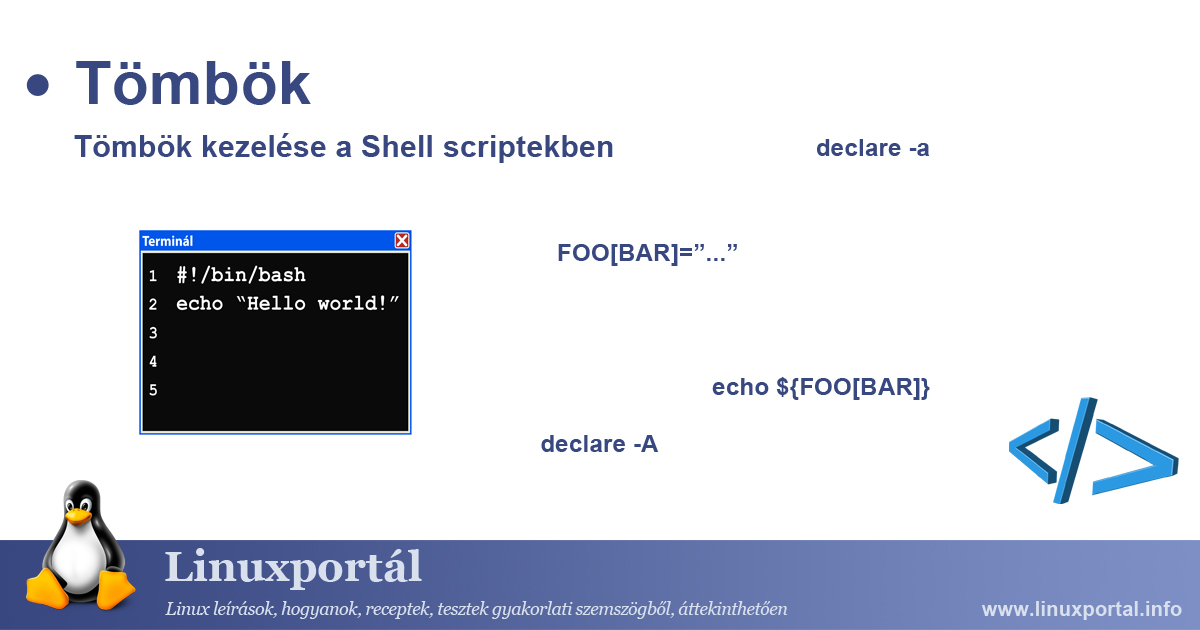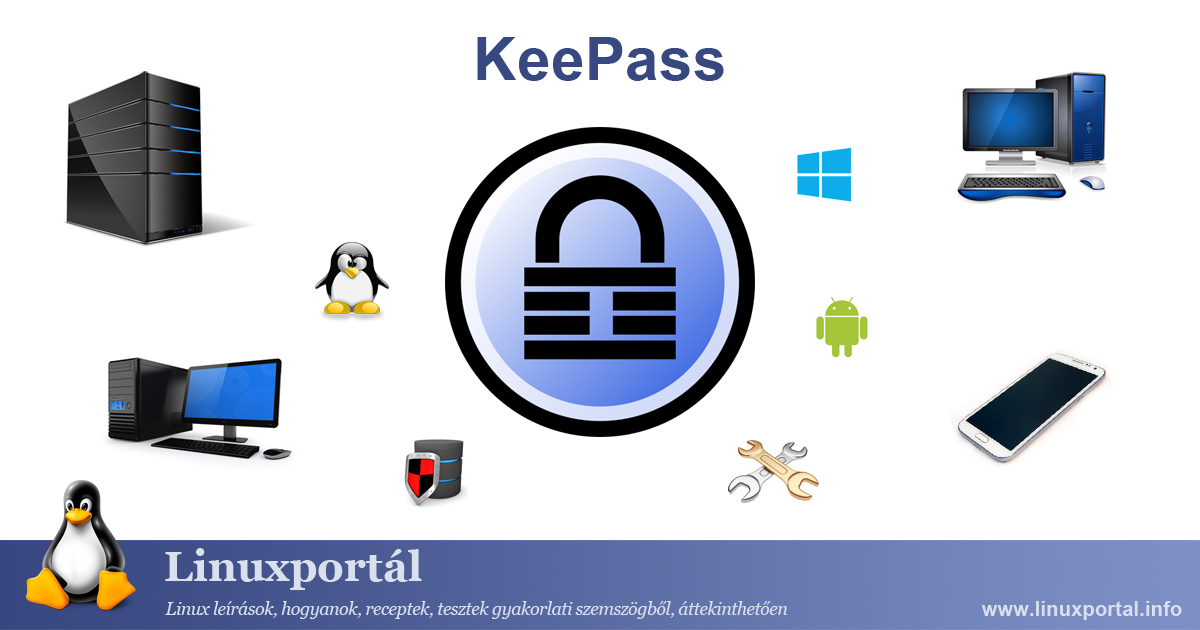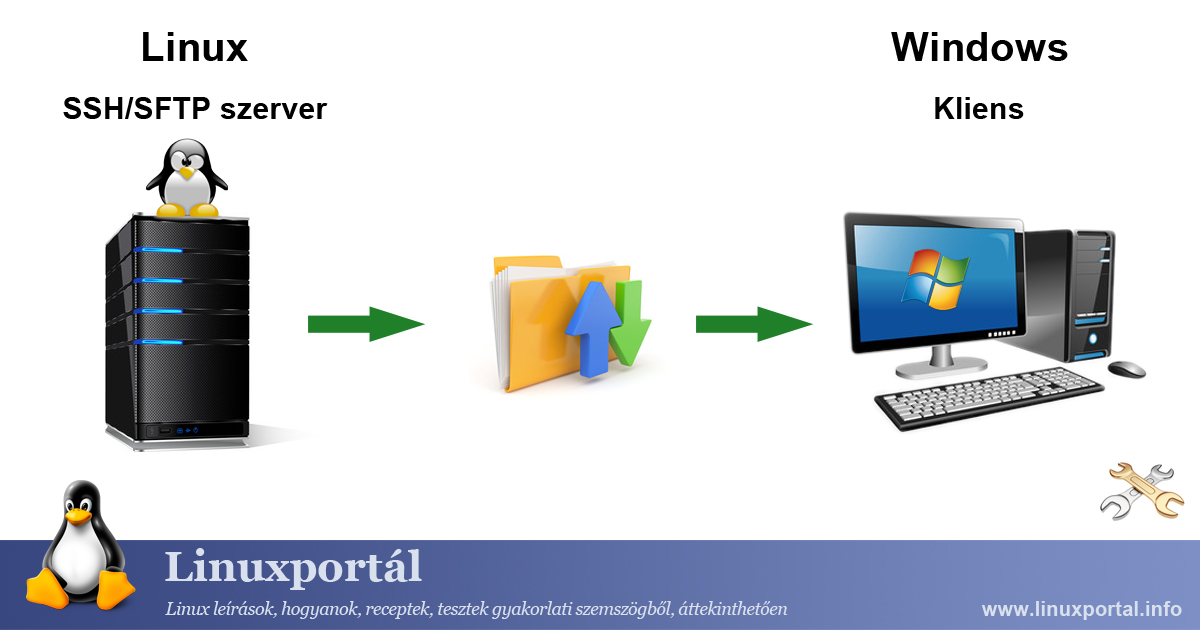How to install PHP-FPM on a Debian 8 (Jessie) LAMP server
Mod_php, the default way to run PHP, is outdated and has more modern and secure solutions. In this tutorial, we will install and configure the PHP-FPM (PHP FastCGI Process Manager) server API on an existing Debian 8 (Jessie) + Apache-based LAMP server. On this page, after installing PHP-FPM, we make the PHP process manager live with a simple global configuration.










